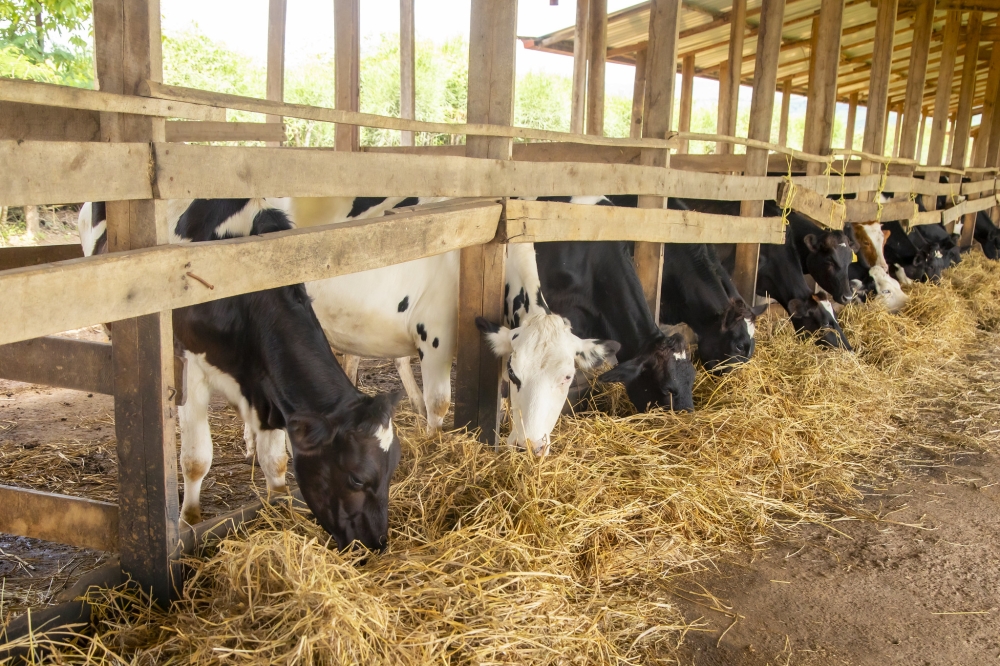

The recent decision by Rwanda's Ministry of Agriculture and Animal Resources (MINAGRI) to decentralise veterinary services by involving private operators is a commendable step towards bolstering the livestock sector in the country.
This strategic move is a testament to the government's commitment to transforming agriculture into a profitable venture.
ALSO READ: Govt hands over key veterinary services to private operators
By empowering private entities to play a more active role in animal healthcare, the government is not only easing the burden on public institutions but also fostering a competitive environment that will ultimately benefit farmers. This approach has the potential to improve service delivery, enhance accessibility, and encourage innovation in livestock management.
The increasing demand for dairy products, exemplified by the success of the recently launched powder milk plant by local firm, Inyange Industries, underscores the need for a robust and efficient livestock sector. Decentralised veterinary services can contribute significantly to boosting milk production by ensuring the health and productivity of dairy animals.
ALSO READ: Veterinary Council Seeks More Professionals to Boost Livestock Enterprises
Moreover, the emphasis on small livestock farming is a prudent approach to maximising land use and improving livelihoods. By providing quality veterinary care for small livestock, the government can empower farmers, particularly those with limited land resources, to generate income and improve their food security.
However, as we move forward, it is crucial to monitor the implementation of this policy closely and address any challenges that may arise, especially potential malpractices by some of the practitioners. By providing adequate support and incentives to private operators, the government can ensure that the decentralization process yields the desired results.
In conclusion, the decision to decentralise veterinary services is a forward-thinking approach that aligns with Rwanda's broader agricultural development goals. By fostering a thriving livestock sector, we can create sustainable livelihoods, improve nutrition, and contribute to the overall economic growth of the country.
Let us embrace this initiative as a catalyst for transforming Rwanda into a livestock powerhouse.


